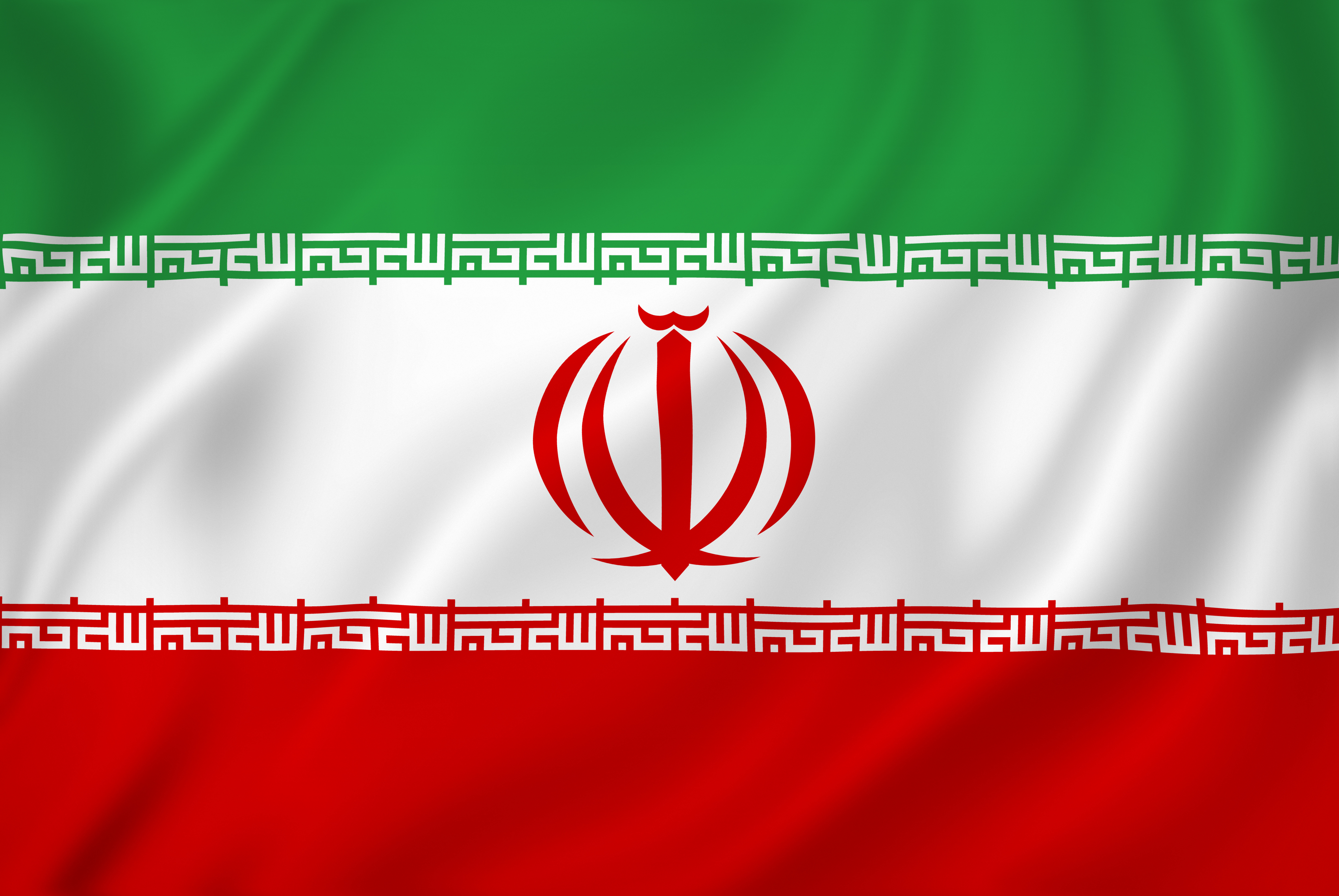
No sooner had the 12-day Israeli Iranian war ended than a broad wave of economic alarm bells and its repercussions emerged, as taxes shook the internal foundations of the state and a sense of astonishment emerged in some observer circles at the structural weakness of the Iranian economy. However, the Iranian leadership describes the results of the battle; it does not go beyond the notion that the security and strategic challenges appeared real and could not be overcome with slogans.
Within the Iranian economic community, some described the battle as dangerous, as it revealed the strengths and weaknesses within the regime and represented a turning point in priorities. Was it necessary to spend hundreds of billions on a nuclear project that it could not protect? Moreover, how was the country infiltrated in such a ludicrous manner? Even the introduction of drone parts was easy.
Despite periodic improvements in the Iranian economy, it has suffered for many years from the impact of US and international sanctions and restrictions on oil exports. These are all consequences, not causes, of the blockade. How can Tehran find a way to return to the international community with a peaceful policy? The Tehran government has been quick to maintain the regular provision of public services, which has helped absorb a significant portion of the effects of the war and prevent its escalation on the Iranian street.
However, the real facts were a deep rift in an oil-dependent economy with financial obligations and weak growth. The budget deficit exceeded USD10.5 billion, leading the Iranian parliament to engage in heated debates about the government's economic performance, amid an administrative vacuum following the vote of no confidence in the former Minister of Economy.
Rising commodity prices and the deterioration of purchasing power, especially for the middle classes, represent a significant shift, with the local currency (Rial) depreciating and national production declining. Indeed, financial circles have raised their voices to combat corruption among officials. The economic threat posed by weak infrastructure is also facing a torrent of economic protests, questioning why the country has demonstrated economic weakness in the face of the battle.
The power of smuggling
Discussions have shown that the economy suffers from smuggling goods, from the simplest to the most dangerous. Indeed, data indicates a lack of financial oversight, which the regime has not acknowledged at any time. The weakness of the economy was also a major reason for the request to halt the battle with Israel.
At the same time, Iran's defence system has demonstrated its inability to confront the enemy, no matter how hard the authorities try to conceal it with military strikes against Israel, not all of which are successful.
Despite the media hype in various statements, economic circles indicate that Tehran was not prepared for the battle. Indeed, domestic economic revolt was overwhelming, including strikes by truck drivers and teachers. Therefore, Tehran has fallen into a quandary. Voices are rising, and there is no room to ignore the country's economic deterioration.
The uproar over victory does not conceal the fact that the Iranian economy is under the weight of a series of crises, beginning with poverty rates exceeding record levels, accompanied by a significant and record-breaking increase in inflation rates.
This is in addition to widespread unemployment and the rapid collapse of the local currency against the US dollar. With Israel announcing its attack on numerous Iranian sites, the most important question remains: Can the Iranian economy withstand direct warfare?
IMF
In mid-June, the International Monetary Fund (IMF) painted a worrying picture of economic deterioration, high inflation, a shrinking economy, and a widening budget deficit in Iran. This could be an indicator of long-term instability, especially since the IMF predicted that Iranian economic growth in 2025 would reach only 0.3 percent, compared to a previous report issued in October 2023 that predicted growth of 3 percent.
These figures were prewar, but the opposite is expected with the escalation of sanctions, the sharp decline in revenues, and the increasing pressure of US sanctions.
The IMF stated that the oil sector, the backbone of the Iranian economy, would suffer further damage under the current circumstances, estimating that Iranian oil production and exports will decline by 300,000 barrels per day next year.
In the context of these crises, the Iranian Statistical Center announced that the monthly inflation rate for basic commodities reached 3.9 percent during the first month of the new Iranian year, which began on March 21. This is the highest level recorded by this indicator in the past 17 months.
Photo: . The weakness of the economy was also a major reason for the request to halt the battle with Israel. (by Adobe).